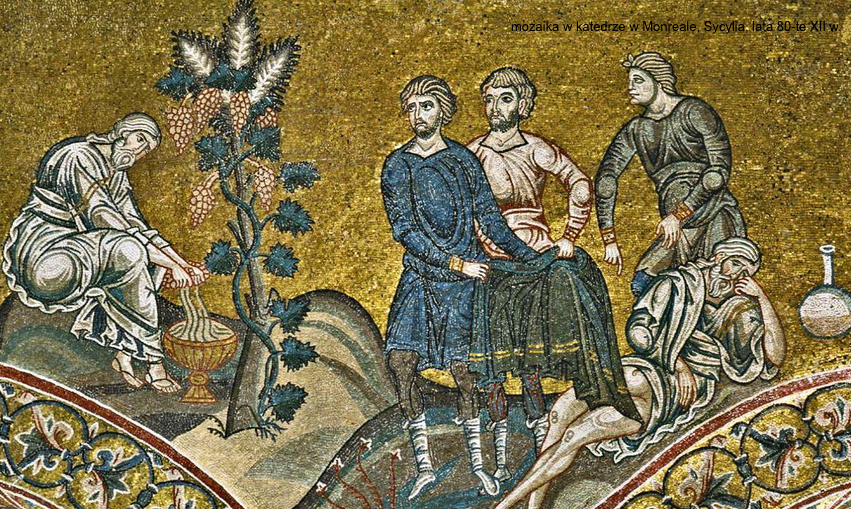
When, however, you come together in the same place it is not to eat the supper of the Lord. For in eating each one by preference takes his or her own meal; and one goes hungry while another gets drunk. Don’t you have houses for eating and drinking? Do you despise the church of God and dishonor those who have not? What shall I tell you? Shall I commend you? (1 Cor. 11:20-22)
St. Paul tells the Corinthians several times, “I do not commend you.” There were several practices that the parish was evidently proud of–or at least, practices that several prominent people in the parish were proud of. St. Paul, however, is not proud of these practices and tells the Corinthians exactly what he thinks.
We know that early Christians met for several sorts of community meals. Some were called agapes, or “love feasts,” and were fellowship dinners that began with prayers. People brought food to share with others. People generally brought enough that there would be enough to share with the poor after the dinner or the next day.
We also know that the Eucharist was celebrated in the context of a festive community meal. The celebration began with the sharing of the Holy Bread, the Body of Christ. The meal followed, during which there might be reading and preaching. The “cup of blessing,” the Blood of Christ, was shared at the conclusion. Although a wealthy church member might host the meal sometimes, these meals were also a “potluck” and people brought food to eat themselves and to share. (We know this from early Christian writings like the Didache and the Apostolic Tradition of St. Hippolytus.)
We are not sure whether St. Paul is criticizing the behavior at either an agape or at the celebration of the Eucharist, although the reference to “the supper of the Lord” suggests that it was probably the Eucharist that he was talking about.
The parish met in the home of a community member. Most Greek and Roman homes were built around a central courtyard; the rooms opened onto the courtyard and guests might circulate between the rooms that were open. Most of the Christians in Corinth were not wealthy so their homes would not be large. Even the homes of wealthy parishioners might not have a single room that was large enough for the whole parish to gather in at one time.
At these parish meals–either agape or Eucharist–the people were probably not all in the same room. The wealthier members were evidently in a grander room while the poorer members were in smaller rooms off to the side. Because they were not in the same room, it was easy for the richer people to eat and drink among themselves–even gorging themselves and getting drunk–and let the poorer members have less to eat and drink.
Even though they had “come together in the same place,” i.e. one house, they were not all in one room. In one room, people were going hungry. In another room, people were getting drunk. St. Paul saw nothing commendable in this. Such behavior despises the Church and dishonors the members gathered in fellowship, in communion. St. Clement of Alexandria wrote,
If a person is wealthy and eats without restraint or is insatiable, he disgraces himself in a special way and does wrong on two accounts. First, he adds to the burden of those who do not have, and second, he lays his own intemperance bare in front of those who do have.
St. Clement of Alexandria, in “Christ the Educator,” 2.13
There is so much other background to what St. Paul is talking about in this passage, we will continue with it next week.
